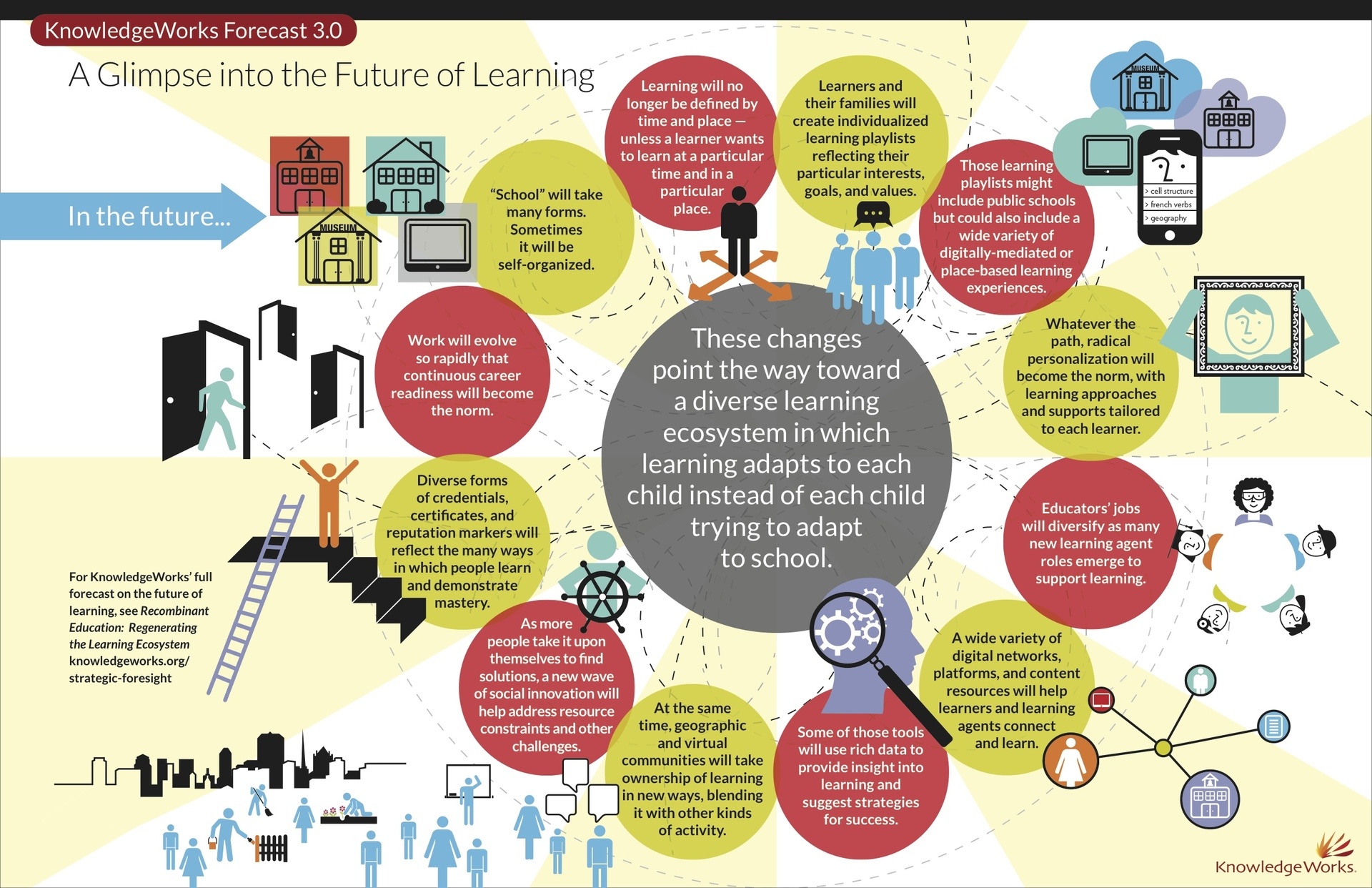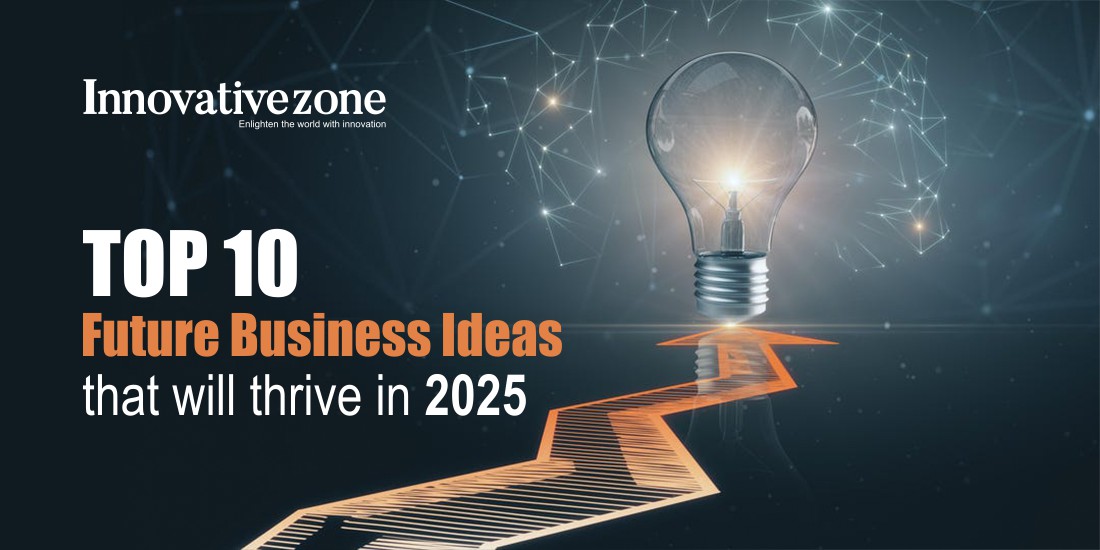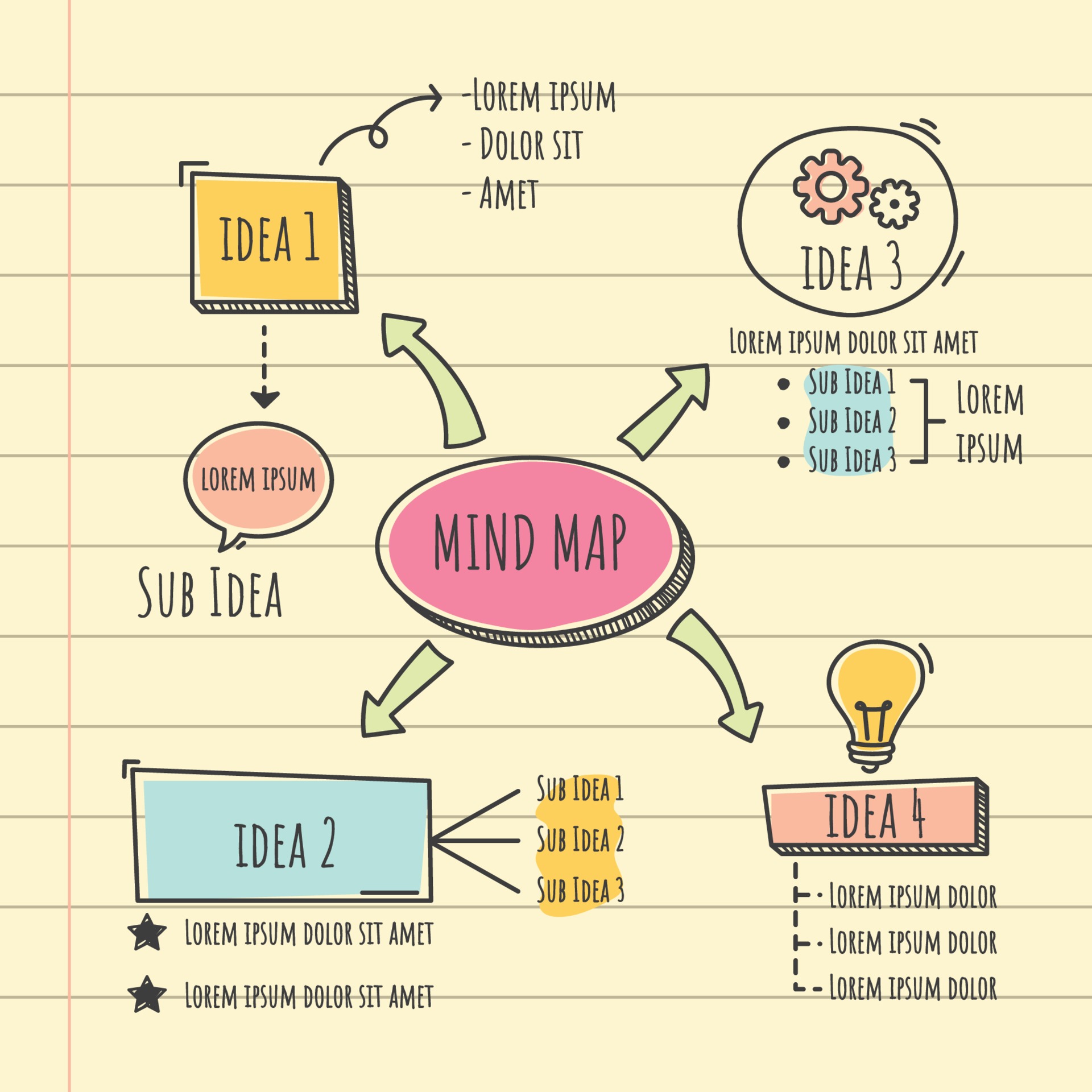IDEAS For NSDL 2025: Transforming Learning For The Future
IDEAS for NSDL 2025: Transforming Learning for the Future
Related Articles: IDEAS for NSDL 2025: Transforming Learning for the Future
- Hamburger Menu Icon Ideas For 2025: A Comprehensive Guide
- Best Business Ideas For Teens In 2025: Seize The Future Of Entrepreneurship
- Healthy Breakfast Ideas With Eggs In 2025: Fueling Your Body For The Future
- 16 Spooktacular Halloween Ideas For 2025
- Easy Dinner Ideas For Family 2025: Quick And Delicious Meals For Busy Families
Introduction
With enthusiasm, let’s navigate through the intriguing topic related to IDEAS for NSDL 2025: Transforming Learning for the Future. Let’s weave interesting information and offer fresh perspectives to the readers.
Table of Content
Video about IDEAS for NSDL 2025: Transforming Learning for the Future
IDEAS for NSDL 2025: Transforming Learning for the Future

Introduction
The National Skill Development Corporation (NSDC) plays a pivotal role in shaping the future of skill development in India. With its vision of "Building a Skilled India," NSDC has been instrumental in empowering youth with the skills they need to succeed in the 21st-century workforce. As NSDC embarks on its journey towards 2025, it is imperative to envision innovative and transformative ideas that will redefine learning and skill development. This article presents a comprehensive framework of IDEAS (Innovation, Digitalization, Education, Assessment, and Sustainability) to guide NSDC’s strategic roadmap for the next decade.
Innovation: Fostering Creative Learning Solutions
Innovation is the lifeblood of progress, and it is essential to cultivate a culture of innovation within the skill development ecosystem. NSDC should encourage the development of cutting-edge learning technologies, such as virtual reality (VR), augmented reality (AR), and artificial intelligence (AI), to enhance the learning experience. These technologies can provide immersive and personalized learning environments that cater to the diverse needs of learners. Additionally, NSDC should promote the adoption of innovative pedagogical approaches, such as design thinking, project-based learning, and blended learning, to foster critical thinking, problem-solving, and collaboration skills.
Digitalization: Leveraging Technology for Inclusive Access
Digitalization has revolutionized every aspect of our lives, and skill development is no exception. NSDC should harness the power of technology to make skill development more accessible, affordable, and flexible. By establishing a robust digital infrastructure, NSDC can provide learners with access to online learning platforms, virtual classrooms, and interactive simulations. This will not only break down geographical barriers but also enable learners to customize their learning journeys based on their individual needs and schedules. Moreover, digitalization can streamline administrative processes, reduce costs, and improve the efficiency of skill development programs.
Education: Empowering Learners with Holistic Skills
Skill development goes beyond technical proficiency; it encompasses the development of essential soft skills, such as communication, teamwork, and problem-solving. NSDC should emphasize the integration of these skills into all skill development programs to prepare learners for the evolving job market. Additionally, NSDC should focus on providing learners with foundational literacy and numeracy skills, as these are essential for success in any field. By empowering learners with a holistic set of skills, NSDC can ensure that they are equipped for lifelong learning and employability.
Assessment: Measuring Skills for Employability
Assessment is a crucial component of skill development, as it provides a standardized way to measure and validate the skills and knowledge acquired by learners. NSDC should invest in developing a comprehensive assessment system that aligns with industry standards and employer expectations. This system should include both theoretical and practical assessments to provide a holistic evaluation of learners’ skills. The assessment data should be used to inform curriculum development, improve teaching methodologies, and provide personalized feedback to learners.
Sustainability: Ensuring Long-Term Impact
Sustainability is not just an environmental concern; it is also essential for the long-term viability of skill development initiatives. NSDC should adopt a sustainable approach to skill development that focuses on creating programs that are financially viable, environmentally friendly, and socially inclusive. This includes promoting the use of green technologies, reducing waste, and ensuring that skill development programs are accessible to all, regardless of their background or socioeconomic status. By prioritizing sustainability, NSDC can ensure that its programs continue to make a positive impact on individuals and society as a whole.
Conclusion
The IDEAS framework provides a comprehensive roadmap for NSDC to transform skill development in India by 2025. By embracing innovation, leveraging digitalization, empowering learners with holistic skills, developing a robust assessment system, and prioritizing sustainability, NSDC can create a future-ready workforce that is equipped with the skills and knowledge to thrive in the 21st-century economy. This vision will not only benefit individuals but also contribute to the overall economic growth and prosperity of India. As NSDC embarks on this transformative journey, it is essential to collaborate with stakeholders, including government agencies, industry partners, and educational institutions, to ensure the successful implementation of these ideas. Together, we can build a skilled India that is ready to meet the challenges and opportunities of the future.
![[IMGSRCTITLE2]](https://insidetelecom.com/wp-content/uploads/2022/10/future-education-cover-copy.jpg)
![[IMGSRCTITLE3]](https://www.cio.com/wp-content/uploads/2021/12/artificial_intelligence_machine_learning_network_thinkstock_671750598-100724432-orig.jpeg?quality=50u0026strip=all)
![[IMGSRCTITLE4]](http://aim-drupal-files.s3.amazonaws.com/s3fs-public/Transforming.jpg)
![[IMGTITLE5]](https://i0.wp.com/edupadi.com/blog/wp-content/uploads/2022/06/the-future-learning.jpg?fit=815%2C458u0026ssl=1)
![[IMGTITLE6]](https://4.bp.blogspot.com/-JK45Rv_aEzA/VSQZ33afobI/AAAAAAAAoFA/Y6INgNfX2R4/s1600/IFTF_FutureWorkSkillsSummary.gif)
![[IMGTITLE7]](https://www.perkinseastman.com/wp-content/uploads/2020/12/the-learning-futures-project-imagining-higher-education-in-2025.png)
![[IMGTITLE8]](https://i.ytimg.com/vi/_CuhIf-mVCE/maxresdefault.jpg)
Closure
Thus, we hope this article has provided valuable insights into IDEAS for NSDL 2025: Transforming Learning for the Future. We appreciate your attention to our article. See you in our next article!
![[IMGTITLE9]](https://unesdoc.unesco.org/in/rest/Thumb/image?id=p::usmarcdef_0000382765u0026author=UNESCOu0026title=Transforming+education+for+the+futureu0026year=2022u0026publisher=UNESCOu0026TypeOfDocument=UnescoPhysicalDocumentu0026mat=PGDu0026ct=trueu0026size=512u0026isPhysical=1)

![[IMGSRCTITLE2]](https://thefinestfeed.com/wp-content/uploads/2019/06/615dH-pREoL._SL1001_.jpg)
![[IMGSRCTITLE3]](https://i.pinimg.com/originals/41/6a/10/416a10942153435e4922e8216bf3a567.jpg)
![[IMGSRCTITLE4]](https://www.ealcare.com/wp-content/uploads/2020/07/Meaningful-Tattoo-Designs-4.jpg)
![[IMGTITLE5]](http://www.thewownutrition.com/wp-content/uploads/2018/10/Meaningful-Tattoo-Quotes-21.jpg)
![[IMGTITLE6]](https://i.pinimg.com/originals/ea/a0/1c/eaa01c026e23b226c6643ba6ce0be6a9.jpg)
![[IMGTITLE7]](https://www.ealcare.com/wp-content/uploads/2020/07/Meaningful-Tattoo-Designs-2.jpg)
![[IMGTITLE8]](https://siachenstudios.com/wp-content/uploads/2021/08/t13.jpg)
![[IMGTITLE9]](https://i.pinimg.com/originals/ea/b1/31/eab131fe31d12d8842422802a565b6bd.jpg)

![[IMGSRCTITLE2]](https://www.eatwell101.com/wp-content/uploads/2017/06/easy-dinner-recipes-for-weeknights.jpg)
![[IMGSRCTITLE3]](https://i.pinimg.com/originals/46/ec/10/46ec109a26ec4bcec78694fde8d93365.jpg)
![[IMGSRCTITLE4]](https://cdn.loveandlemons.com/wp-content/uploads/2021/02/easy-weeknight-dinners-for-family.jpg)
![[IMGTITLE5]](https://www.eatwell101.com/wp-content/uploads/2017/05/healthy-weeknight-dinners.jpg)
![[IMGTITLE6]](https://www.uniqueideas.site/wp-content/uploads/99-quick-and-easy-dinners-best-recipes-for-30-minute-meals-1.jpg)
![[IMGTITLE7]](https://www.eatwell101.com/wp-content/uploads/2017/06/quick-weeknight-dinner-ideas.jpg)
![[IMGTITLE8]](https://hips.hearstapps.com/del.h-cdn.co/assets/17/40/1507307385-delish-tex-mex-meatballs-1.jpg)
![[IMGTITLE9]](https://i.pinimg.com/originals/19/36/0d/19360db55db660ea10a2925ee25e1668.png)

![[IMGSRCTITLE2]](https://i.pinimg.com/originals/d9/b8/a8/d9b8a86a5341c847688ec29066ea53de.jpg)
![[IMGSRCTITLE3]](https://i.pinimg.com/originals/c2/04/be/c204bedb8a2ef6cc8347d63ad37738fa.jpg)
![[IMGSRCTITLE4]](https://pvplive.net/wp-content/uploads/2022/08/3-1.png)
![[IMGTITLE5]](https://i.pinimg.com/originals/3e/0e/d8/3e0ed85664006c52bb7e0faf67a50ffb.jpg)
![[IMGTITLE6]](https://i.pinimg.com/originals/84/b4/71/84b4717057e60cf956a7f4d9c1bb6e95.jpg)
![[IMGTITLE7]](https://i.pinimg.com/originals/36/f1/90/36f19052dcb562897e04c5b6f4c8496c.jpg)
![[IMGTITLE8]](https://i.pinimg.com/originals/46/40/ca/4640ca2ff3da629b031db06f6ac7b140.jpg)
![[IMGTITLE9]](https://i.pinimg.com/originals/c3/12/b1/c312b19845fbc2a8db931abcfe914978.jpg)

![[IMGSRCTITLE2]](https://images.creativemarket.com/0.1.0/ps/4913198/1820/1213/m1/fpnw/wm1/onawqexpwhge9eiuzixi5vjrjzlsvwikfmrgpewl6pfiuhrsfpepuzl3e62vrgvt-.jpg?1534414724u0026s=46864c96a38145cb4ebc0cfbacc69d79)
![[IMGSRCTITLE3]](https://mir-s3-cdn-cf.behance.net/project_modules/fs/d3f12856856271.59bfc721272ae.jpg)
![[IMGSRCTITLE4]](https://static.vecteezy.com/system/resources/previews/000/656/514/original/fast-food-restaurant-menu-design-frame-border-background-menu-list-appetizer-food-template-design-creative-watercolor-vector-illustration-design.jpg)
![[IMGTITLE5]](https://i.pinimg.com/originals/9d/84/2c/9d842c45e73aeff09ac72bde163eba0e.jpg)
![[IMGTITLE6]](https://graphicsfamily.com/wp-content/uploads/2020/07/Fast-food-Restaurant-Menu-Tri-Fold-Brochure-Design-1536x864.jpg)
![[IMGTITLE7]](https://content.wepik.com/statics/29838533/preview-page0.jpg)
![[IMGTITLE8]](https://99effect.com/wp-content/uploads/2020/12/Fast-Food-Restaurant-Menu-Design-Template-1.jpg)
![[IMGTITLE9]](https://cdn5.vectorstock.com/i/1000x1000/50/39/fast-food-restaurant-menu-template-vector-23065039.jpg)

![[IMGSRCTITLE2]](https://www.freebiefindingmom.com/wp-content/uploads/2017/08/Cheap-Family-Meals-pin.jpg)
![[IMGSRCTITLE3]](https://brooklynfarmgirl.com/wp-content/uploads/2019/06/25-Cheap-Meals-For-Large-Families-Under-10-2.jpg)
![[IMGSRCTITLE4]](https://www.mediumsizedfamily.com/wp-content/uploads/2023/02/budget-meals2.png)
![[IMGTITLE5]](https://i.pinimg.com/originals/34/3c/0d/343c0d9c814e47f64261ded55f1bd43d.jpg)
![[IMGTITLE6]](https://i.pinimg.com/originals/a6/11/5b/a6115b7d45a42a2181db75b3e31f20ce.jpg)
![[IMGTITLE7]](https://createbakemake.com/wp-content/uploads/2020/08/Budget-Dinner-Recipes.jpg)
![[IMGTITLE8]](https://www.budgetbytes.com/wp-content/uploads/2017/12/Meal-Prep-Pin-2.jpg)
![[IMGTITLE9]](https://i.pinimg.com/originals/a6/bf/74/a6bf74f12011329677e0572c852a5356.jpg)

![[IMGSRCTITLE2]](https://myinvestmentideas.com/wp-content/uploads/2020/01/Future-Business-Ideas-New-Business-Ideas-for-2020-and-beyond.jpg)
![[IMGSRCTITLE3]](https://adclays.com/wp-content/uploads/2022/09/business-ideas.jpeg)
![[IMGSRCTITLE4]](https://i.pinimg.com/originals/c3/da/59/c3da5934c767ceed551c40e7fce08a61.jpg)
![[IMGTITLE5]](https://www.entrepreneurshipinabox.com/wp-content/uploads/Entrepreneurs-and-Their-Powerful-Business-Ideas.jpg)
![[IMGTITLE6]](https://profiletree.com/wp-content/uploads/2019/11/entrepreneurship.jpg)
![[IMGTITLE7]](https://marketbusinessnews.com/wp-content/uploads/2018/03/Entrepreneur.jpg)
![[IMGTITLE9]](https://i0.wp.com/mynewbusinessideas.com/wp-content/uploads/2022/07/Top-10-Best-Future-Business-Ideas-for-2025-2030.webp?resize=930%2C620u0026ssl=1)

![[IMGSRCTITLE2]](https://st.hzcdn.com/simgs/0dc1632804b56922_9-0803/home-design.jpg)
![[IMGSRCTITLE3]](https://illusionsfence.com/wp-content/uploads/2018/05/rosewood-and-black-pvc-vinyl-privacy-fence_0001.jpg)
![[IMGSRCTITLE4]](http://mobileimages.lowes.com/product/converted/040933/040933246120_05387408.jpg)
![[IMGTITLE5]](https://theamericanfencecompany.com/wp-content/uploads/2017/10/privacy-vinyl-fence.jpg)
![[IMGTITLE6]](https://st.hzcdn.com/simgs/pictures/landscapes/classic-white-pvc-privacy-vinyl-fence-panels-with-lattice-topper-from-illusions-illusions-vinyl-fence-img~61817db504b57036_4-4705-1-5047d10.jpg)
![[IMGTITLE7]](https://www.weatherables.com/media/categoryimage/image/resized/700x700/2/0/2017_6_clearwater_w_1000x1000_b5_.1497299210.jpg)
![[IMGTITLE8]](https://www.barretteoutdoorliving.com/wp-content/uploads/2021/06/acadia_privacy_fence_panel_home_depot_white-scaled-e1623703293793.jpg)
![[IMGTITLE9]](https://i.pinimg.com/originals/d9/9a/5d/d99a5dcb51bb02b3450727cd5c67d786.jpg)

![[IMGSRCTITLE2]](https://mindmapsunleashed.com/wp-content/uploads/jennys-sketchbook-art-tips-2.jpg)
![[IMGSRCTITLE3]](https://www.edrawmind.com/images/article/mind-map-art/example.jpg)
![[IMGSRCTITLE4]](https://cacoo.com/wp-app/uploads/2021/07/conept-mind-mapping.png)
![[IMGTITLE5]](http://drvidyahattangadi.com/wp-content/uploads/2017/11/mindmap1.jpg)
![[IMGTITLE6]](https://i.ytimg.com/vi/miJQFNYgnno/maxresdefault.jpg)
![[IMGTITLE7]](https://i.pinimg.com/originals/9f/b4/58/9fb458128042f1899acc52f75233748a.jpg)
![[IMGTITLE8]](https://i.pinimg.com/originals/72/4f/ba/724fba8a59e3eacc607c55749e3e8888.jpg)
![[IMGTITLE9]](https://i.pinimg.com/originals/bc/a3/63/bca3635d8d023deaf4fb7ff757c8426e.jpg)

![[IMGSRCTITLE2]](https://hiphoorae.com/wp-content/uploads/2020/08/Baby-Boy-Baby-Shower-768x1152.png)
![[IMGSRCTITLE3]](https://i.pinimg.com/originals/29/9e/f9/299ef901eec7876baca6dd3fa2d2b20e.jpg)
![[IMGSRCTITLE4]](https://i.pinimg.com/originals/e0/c3/48/e0c3482381f370a5cc6382fadee71038.jpg)
![[IMGTITLE5]](https://i.pinimg.com/736x/62/fb/5c/62fb5c0ebba9b8f977c794aac3cec9b3.jpg)
![[IMGTITLE6]](https://i.pinimg.com/originals/b3/d5/0e/b3d50e78c78ba24cf341fe19ff669d5e.jpg)
![[IMGTITLE7]](https://thegreenspringhome.com/wp-content/uploads/smore-boy-baby-shower-idea.jpg)
![[IMGTITLE8]](https://spaceshipsandlaserbeams.com/wp-content/uploads/2015/09/boy-baby-shower-theme-ideas.jpg)
![[IMGTITLE9]](https://i.pinimg.com/originals/b5/9f/ca/b59fca8fed04c0180fdb4265408a87e6.jpg)